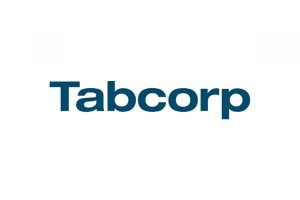New Zealand bill on online charity lotteries passes third reading

The bill will replace temporary legislation.
New Zealand.- A bill to allow charities to operate lotteries online permanently has passed its third reading. The bill replaces temporary legislation that was due to expire at the end of October. That would have forced charity lotteries to return to selling tickets in person or by post, which can involve extra operational expenses, hindering fundraising.
Brooke van Velden, New Zealand’s minister of internal Affairs, said: “This Government has taken quick action to allow these lotteries to operate online permanently, so they can continue to fundraise in an efficient and effective way. I have heard from many well-loved Kiwi charities about the significant difference this change will have for them, including Pet Refuge and the Heart Foundation.
“We know these charities make a difference in the lives of New Zealanders and their families every day, and I am pleased that this change will allow them to continue to do so.”
There are 46 organisations authorised to conduct charitable lotteries, ranging from well-known charities such as the Coastguard and Auckland Rescue Helicopter to smaller community sports clubs in Dunedin and Whangārei.
Pet Refuge, a charity that provides temporary shelter and care for pets affected by family violence, welcomed the legislation. Its CEO and founder Julie Chapman told Scoop: “Online lotteries and raffles are a fantastic and accessible way for charities to raise money at a time when the economic climate makes fundraising challenging.
“Returning to running them offline would not have been do-able for small operations like ours, and many other charitable foundations across the country. We’re grateful this legislation has been made permanent because it means more funds can be raised by community organisations making a difference across Aotearoa.”
Pet Refuge’s general manager marketing and business operations, Erin Ellis-Roberts, added: “While online raffles are easier to run nationwide than post and in-person, it’s felt like there’s been limited investment in the space because the legislation was only temporary.
“That’s meant there have been limited options of platforms to host online lotteries and raffles, and we’ve also encountered inconsistencies about who collects things like contributions to ‘platform fees’ if a ticket buyer pays for them. That means instead of the money ending up with the charity, as the buyer might expect, it may be banked by the web platform.”
See also: TAB NZ launches Bobby Foundation as new brand name to distribute class 4 gaming grants








